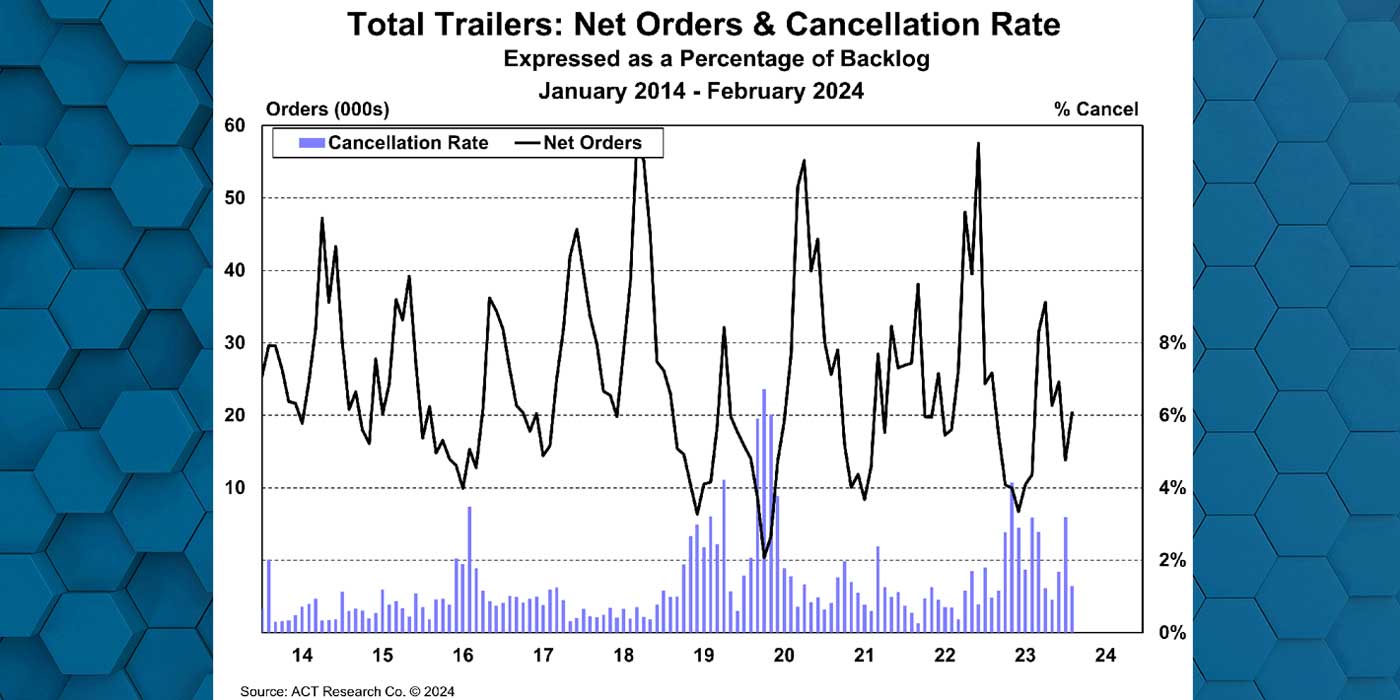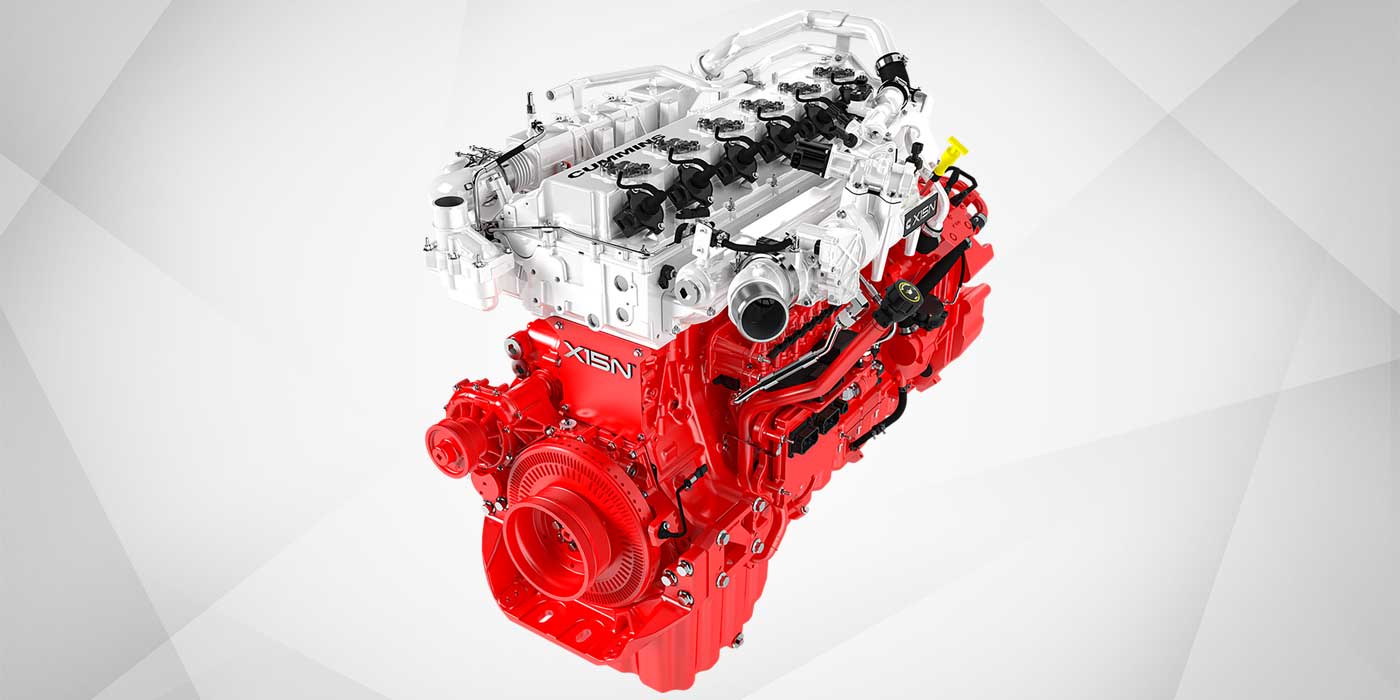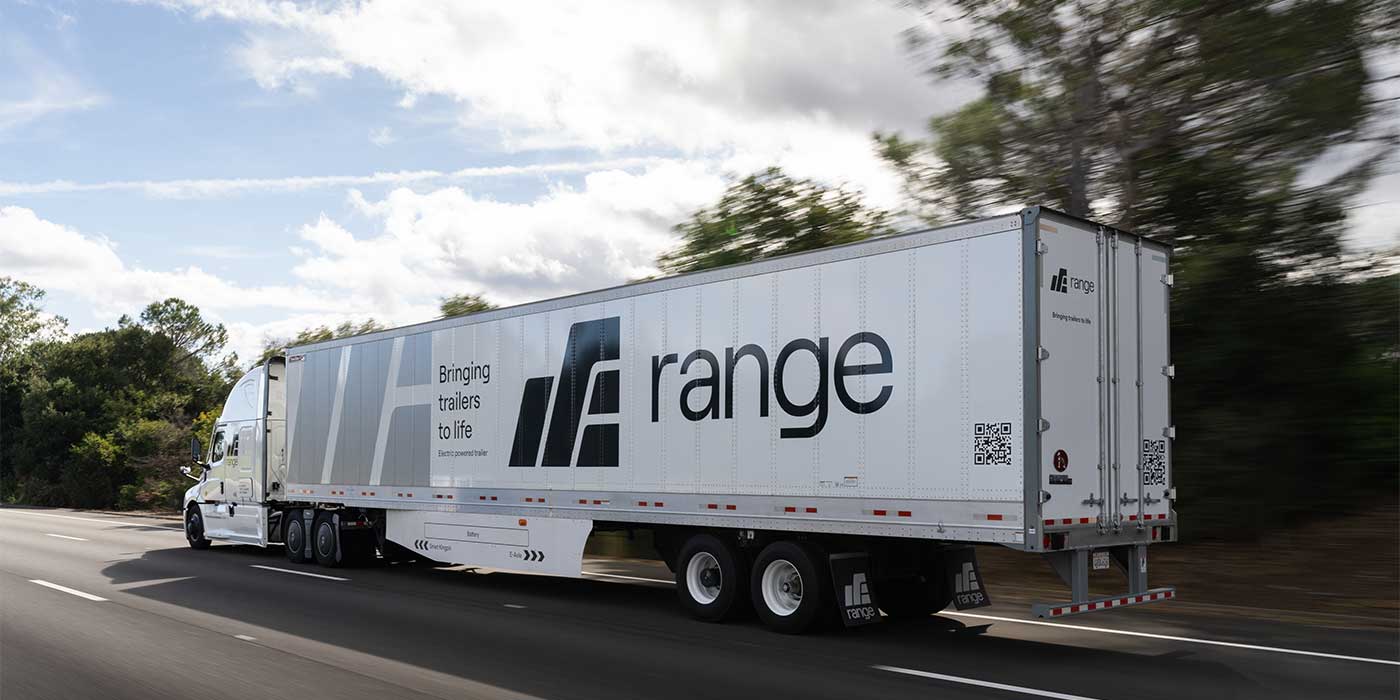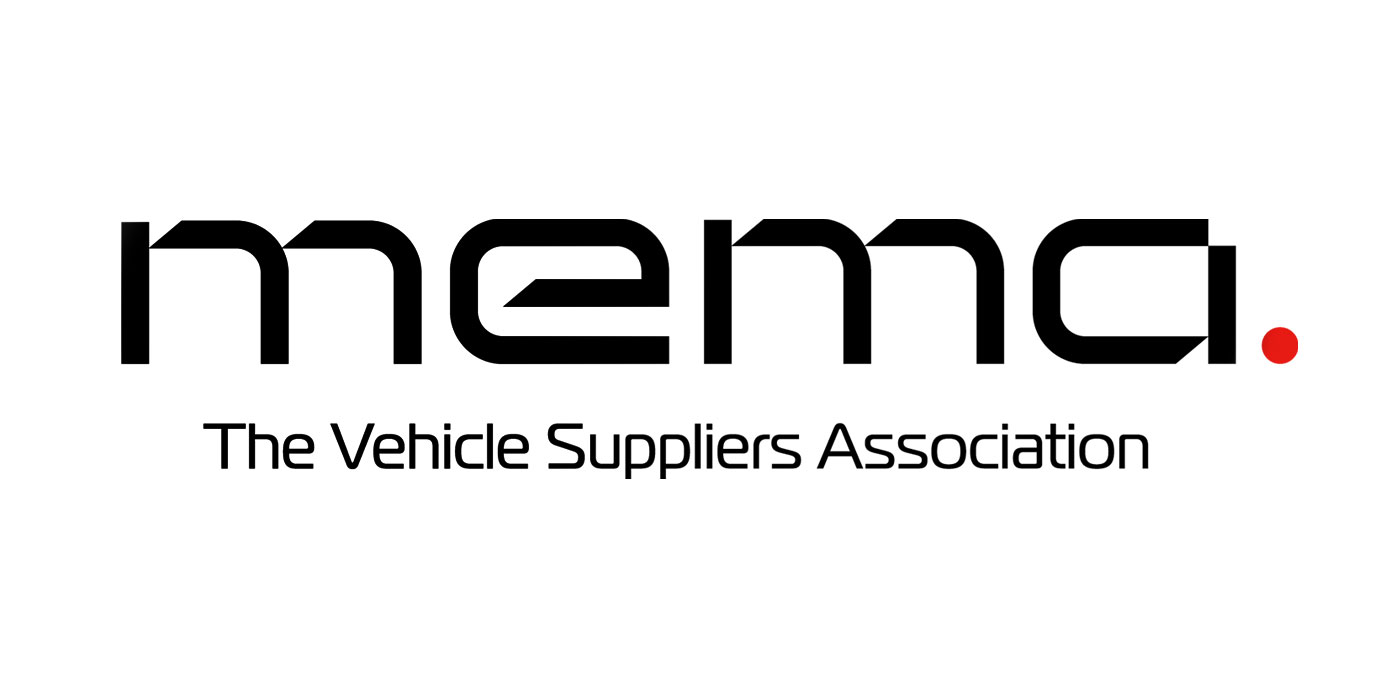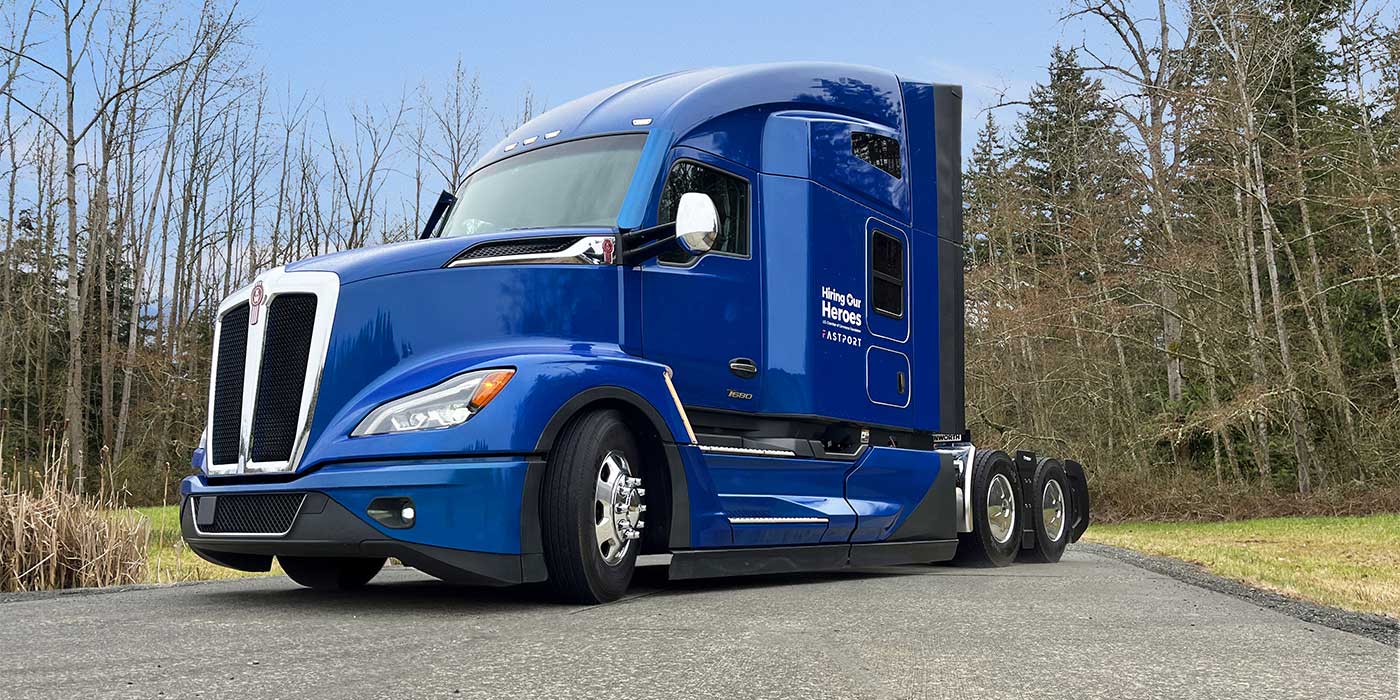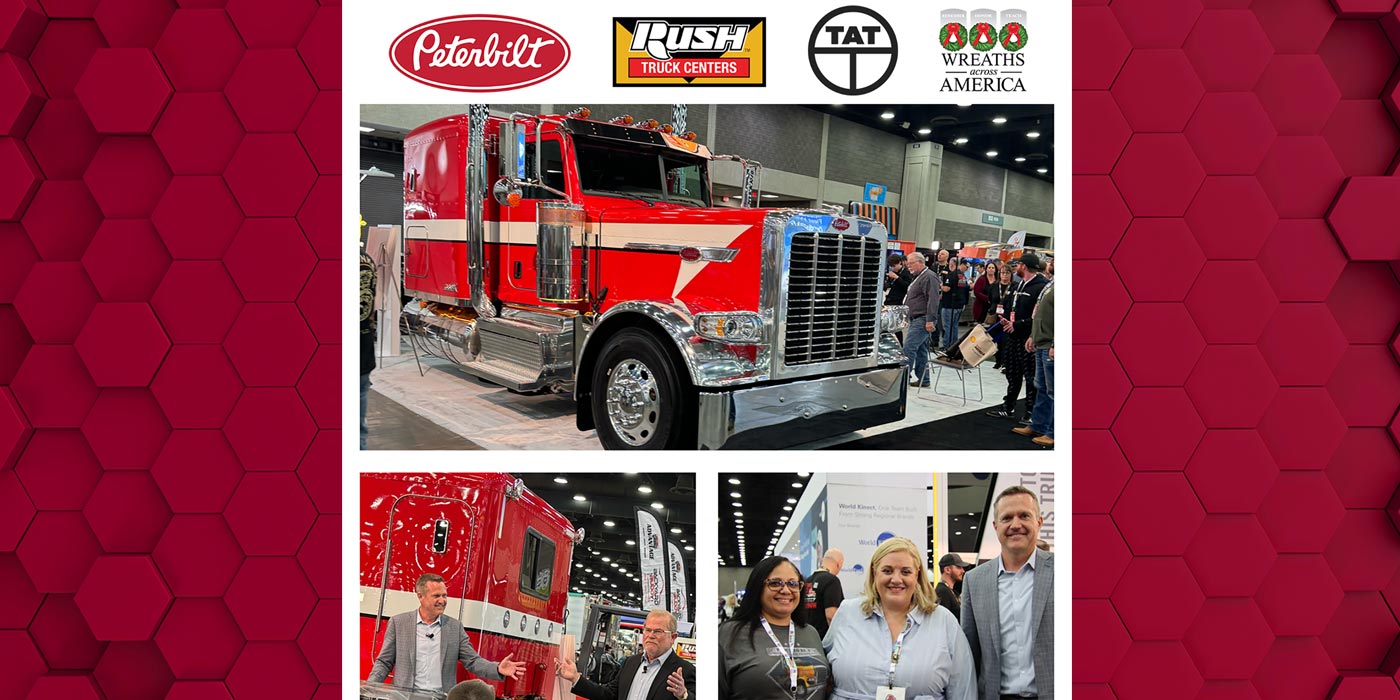There are two things that are never lacking at Valley Farm Transport. First are the challenges that the Dixon, Calif.-based agricultural products hauler faces every day. Second is the determination to address those issues effectively and professionally.
“We embrace a no-compromise philosophy when it comes to customer satisfaction,” says David Nickum, president and chief executive officer of the family-owned company his late father founded in 1963. “Our vision is to be recognized as the trucker of choice by our customers, employees, vendors and industry leaders.”
Valley Farm Transport operates a fleet of more than 230 tractors and more than 850 sets of hopper, tanker and flatbed trailers in northern and central California. It has terminals in Dixon, Arbuckle, Bakersfield and Stockton, Calif.
The company hauls an extensive list of products, including tomatoes, rice, walnuts, almonds, sunflower, corn, wheat, garlic, onions, pistachios, prunes, and other commodities, along with spring water and refuse. It serves both small companies and large clients like Kraft Heinz and Campbell’s Soup.
“Our trucks average from 60,000 to 100,000 miles a year,” Nickum relates. “As you would expect, we’re seasonally driven. During the main summer harvest, the fleet can be on the road 12 to 16 hours handling anywhere from three to 10 loads a day.
“While 85% of our hauls are within 120 miles of a company terminal, they can start as close as fields that are two miles away and end 500 miles away at a customer’s processing plant,” Nickum explains further. “In the winter, we have fewer trucks running as we’re primarily hauling water, refuse, and rice to ports for export or from dryers to the rice mills.”
An emphasis on reliability
“Hauling perishables means downtime has to be minimal,” Nickum continues, “and we pay our drivers hourly and based on productivity. That means we put extra emphasis on reliability, but a few years ago, with some of our newer trucks, we found that we were experiencing more downtime.”
To help reduce downtime that hampers productivity in its fast paced operation, Valley Farm Transport has been moving to three-year leases with PacLease and Ryder. About half the fleet is now operated under lease agreements. That also means the leasing companies are handling any road call issues and are able to supply replacement vehicles to keep the operation going if a problem does arise.
“After reviewing our cost of ownership compared to the cost of a maintenance lease, the lease agreements make sense financially as well as from the standpoint of limiting downtime,” Nickum explains. “Based on travel distances from the shops we have at each of our terminals, we will continue to move to a leasing model. For the tractors we own, and for all of our trailers, we continue to perform maintenance and repairs at our shops.”
Preferred brand
What hasn’t changed about the Valley Farm Transport fleet, Nickum notes, is its preferred brand of truck. The company’s first vehicles 55 years ago were Kenworths, and since then the fleet has included W900, T800 and T440 models, and 90 of the manufacturer’s T880s are in the operation as well.
“Our latest T880s feature 430-HP PACCAR MX-11 engines,” Nickum relates. “We were initially spec’ing the MX-13 engine rated at 405 HP, but the MX-11 meets our needs and it saves about 400 lbs. We’re paid by weight— a typical load nets 56,000 lbs.—so that adds up for us quickly.”
The single-axle T880s in the Valley Farm Transport fleet also have other weight-saving components. Along with a short 156-in. wheelbase, the tractors are equipped with aluminum wheels, hubs, air tanks and clutch housings, lightweight drums, low profile 22.5-in. tires, and have no passenger seat.
Valley Farm Transport also works closely with Kenworth through its dealer, NorCal Kenworth in Sacramento, to address driver needs in its specs. “Hauling seven to 10 loads a day means our drivers get in and out of our trucks frequently,” Nickum explains. “For their safety, we specify the size and location of grab handles, and step heights off the cab and fuel tanks.
“We also have an extensive training program for new hires,” Nickum continues. “New drivers are assigned to work with one of our veterans, some with more than 20 years of experience, for at least ten days. The trainees are fully compensated so no one is in a hurry to put a driver on the road who hasn’t learned the way we operate.
“We do not really have an issue recruiting drivers because we look for help regionally and seasonally,” Nickum adds. “We hired a full-time driver recruiter this year. We also pay referral bonuses to drivers who help recruit new hires, and a year-end bonus to all drivers for completion of service.”
Staying true to its roots
For Nickum, the focus on equipment and drivers that continues today at Valley Farm Transport began with his father, Bob Nickum, who started the company from scratch by serving as its driver. “My father began by hauling grain and built a successful company,” he says. “Staying true to our roots, we continue to strive to provide our customers with ethical, innovative, professional and superior customer service. In that regard, our business philosophy has never changed.
“We have a culture of working extremely hard and we only want to serve best-in-class customers,” Nickum continues. “We’ve grown organically with some of our longest standing customers, and we continue to gain a lot of new business based on our reputation in the market.
“We’ve also expanded and added capabilities buying out smaller companies over the years, but we haven’t grown the business just to get bigger,” Nickum concludes. “We’ve been successful because Valley Farm Transport continues to distinguish itself as the premier bulk carrier in California.”







